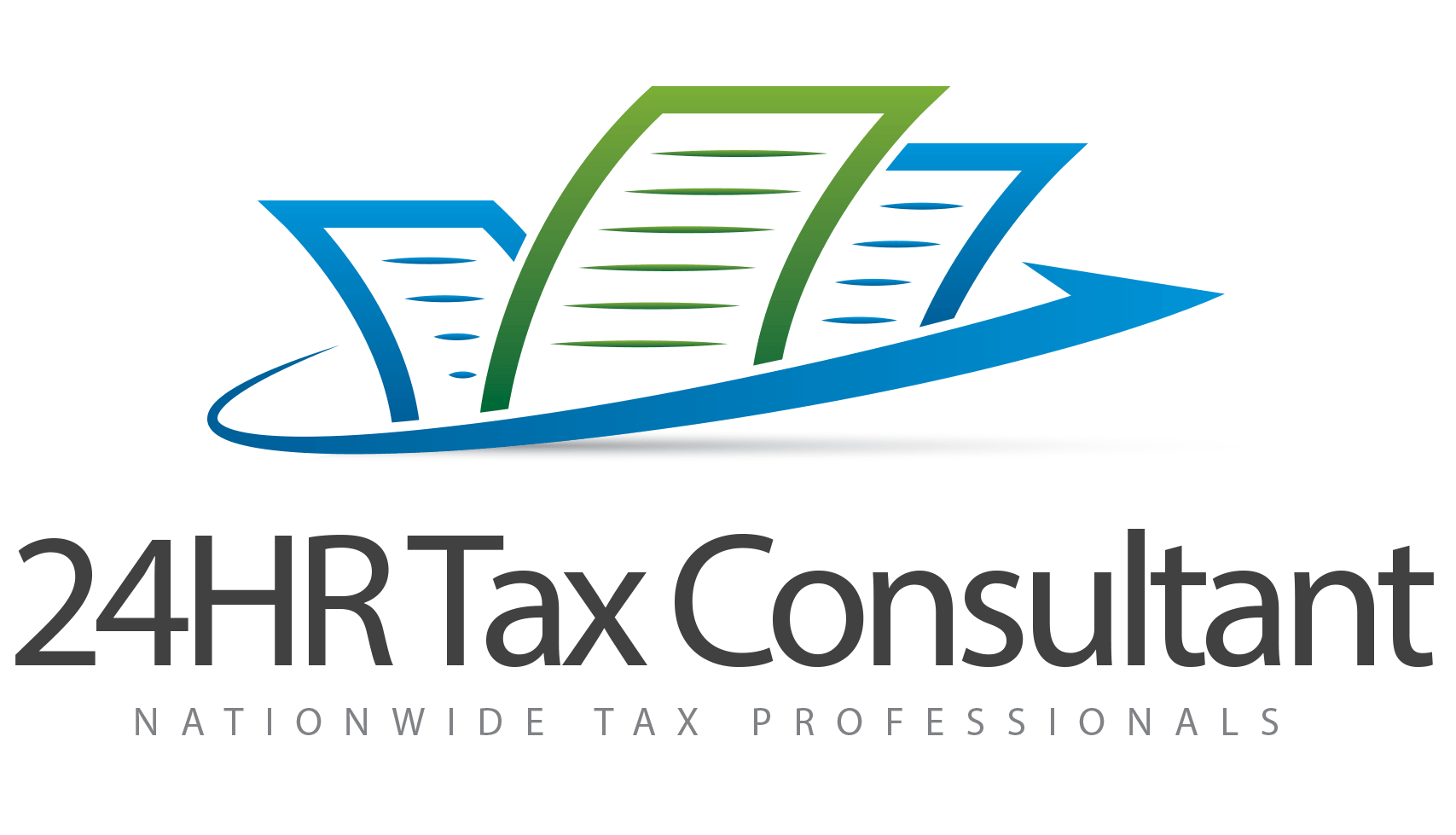Illinois and Kentucky Tornado Victims
For Kentucky tornado victims, IRS extends 2021 tax-filing deadline, other deadlines to May 16
WASHINGTON – Victims of this month’s tornadoes in parts of Illinois and Tennessee will have until May 16, 2022, to file various individual and business tax returns and make tax payments, the Internal Revenue Service announced today. This is the same relief already provided to storm victims in Kentucky.
Following the recent disaster declaration issued by the Federal Emergency Management Agency (FEMA), the IRS is providing this relief to taxpayers affected by storms, tornadoes and flooding that took place starting on Dec. 10 in parts of Kentucky. Currently, relief is available to affected taxpayers who live or have a business in Caldwell, Fulton, Graves, Hopkins, Marshall, Muhlenberg, Taylor and Warren counties. But the IRS will provide the same relief to any other localities designated by FEMA in Kentucky or neighboring states. The current list of eligible localities is always available on the disaster relief page on IRS.gov.
The tax relief postpones various tax filing and payment deadlines that occurred starting on Dec. 10. As a result, affected individuals and businesses will have until May 16 to file returns and pay any taxes that were originally due during this period. This includes 2021 individual income tax returns due on April 18, as well as various 2021 business returns normally due on March 15 and April 18. Among other things, this means that affected taxpayers will have until May 16 to make 2021 IRA contributions.
In addition, farmers who choose to forgo making estimated tax payments and normally file their returns by March 1 will now have until May 16, 2022 to file their 2021 return and pay any tax due.
The May 16 deadline also applies to quarterly estimated income tax payments due on Jan. 18 and April 18. Among other things, this means that individual taxpayers can skip making the fourth quarter estimated tax payment, normally due Jan. 18, 2022, and instead include it with the 2021 return they file, on or before May 16. In addition, the quarterly payroll and excise tax returns normally due on Jan. 31 and May 2, 2022 are also now due on May 16.
In addition, penalties on payroll and excise tax deposits due on or after Dec. 10 and before Dec. 27 will be abated as long as the deposits are made by Dec. 27, 2021.
The IRS disaster relief page has details on other returns, payments and tax-related actions qualifying for the additional time.
The IRS automatically provides filing and penalty relief to any taxpayer with an IRS address of record located in the disaster area. Therefore, taxpayers do not need to contact the agency to get this relief. However, if an affected taxpayer receives a late filing or late payment penalty notice from the IRS that has an original or extended filing, payment or deposit due date falling within the postponement period, the taxpayer should call the number on the notice to have the penalty abated.
In addition, the IRS will work with any taxpayer who lives outside the disaster area but whose records necessary to meet a deadline occurring during the postponement period are located in the affected area. Taxpayers qualifying for relief who live outside the disaster area need to contact the IRS at 866-562-5227. This also includes workers assisting the relief activities who are affiliated with a recognized government or philanthropic organization.
Individuals and businesses in a federally declared disaster area who suffered uninsured or unreimbursed disaster-related losses can choose to claim them on either the return for the year the loss occurred (in this instance, the 2021 return normally filed next year), or the return for the prior year, 2020 in this instance. Be sure to write the FEMA declaration number – 4630DR − on any return claiming a loss. See Publication 547 for details.
The tax relief is part of a coordinated federal response to the damage caused by these storms and is based on local damage assessments by FEMA.
For information on disaster recovery, visit disasterassistance.gov.
To get started with your return, download our app here


(216) 438-3112
4150 Belden Village St NW Ste. 308-24
Canton, Ohio 44718
24HR Tax Consultant
Designed by starkcountyconnections.com
